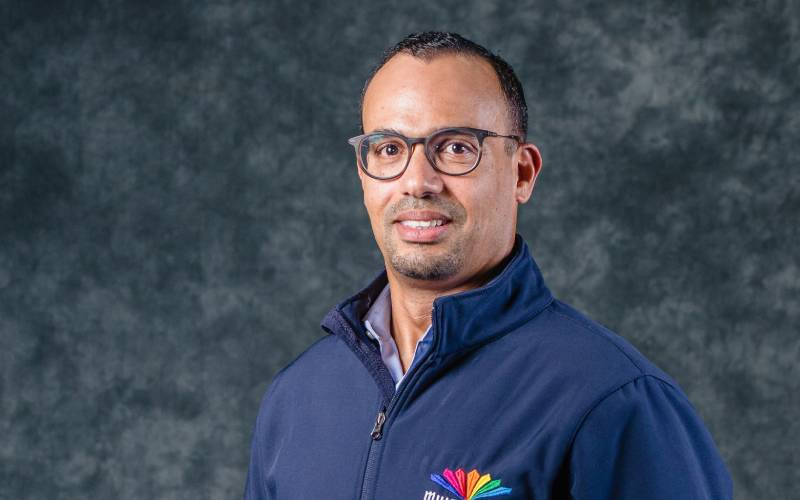×
The Standard e-Paper
Join Thousands Daily

The creative industry is undergoing a remarkable transformation as the influence of cutting-edge technologies - such as artificial intelligence (AI), augmented reality, virtual reality (AR/VR), and blockchain - begins to manifest its impact.
While AR/VR and blockchain are revolutionising content consumption and providing content creators with newfound control and monetisation opportunities, AI is orchestrating a comprehensive overhaul of the creative content value chain.